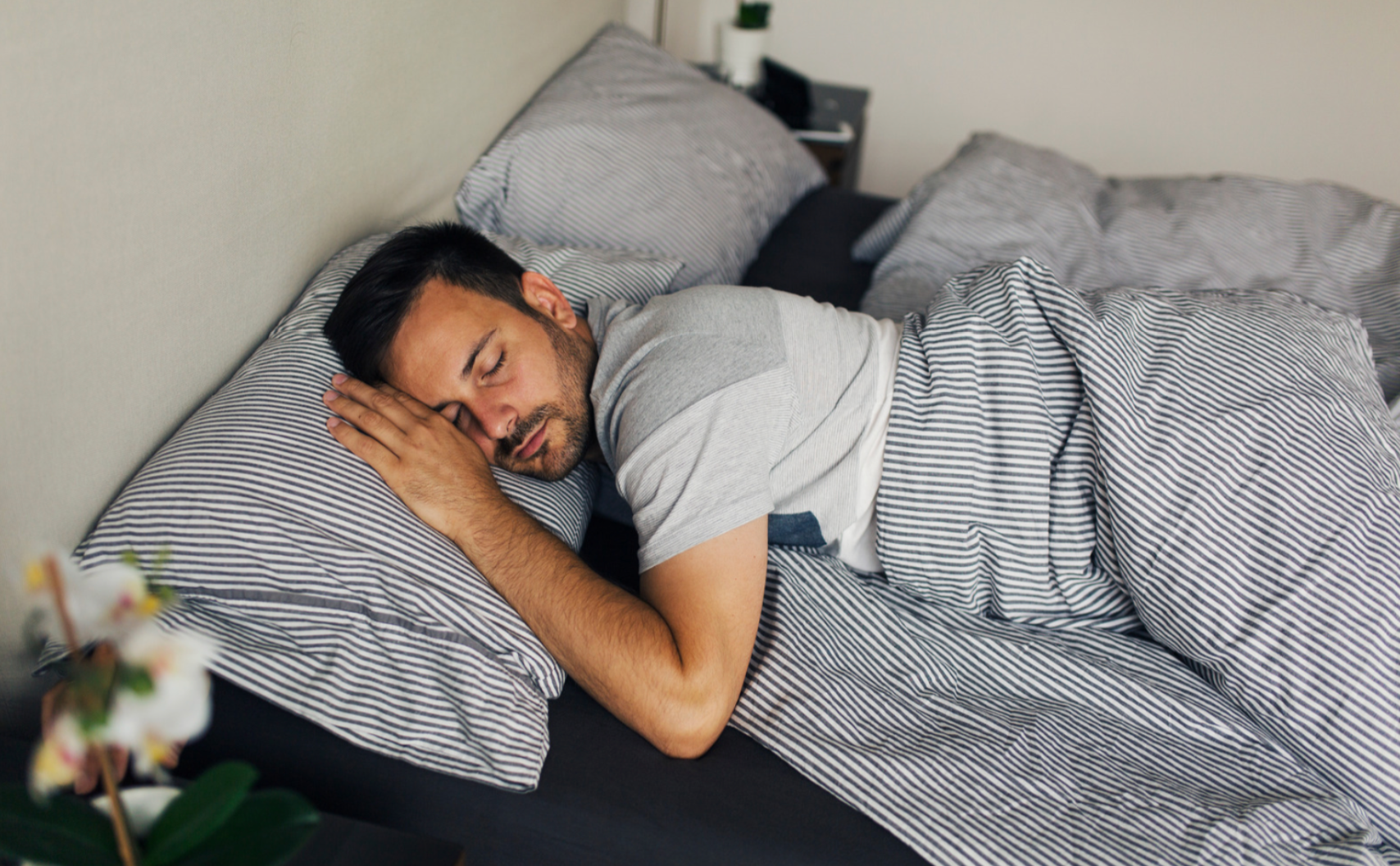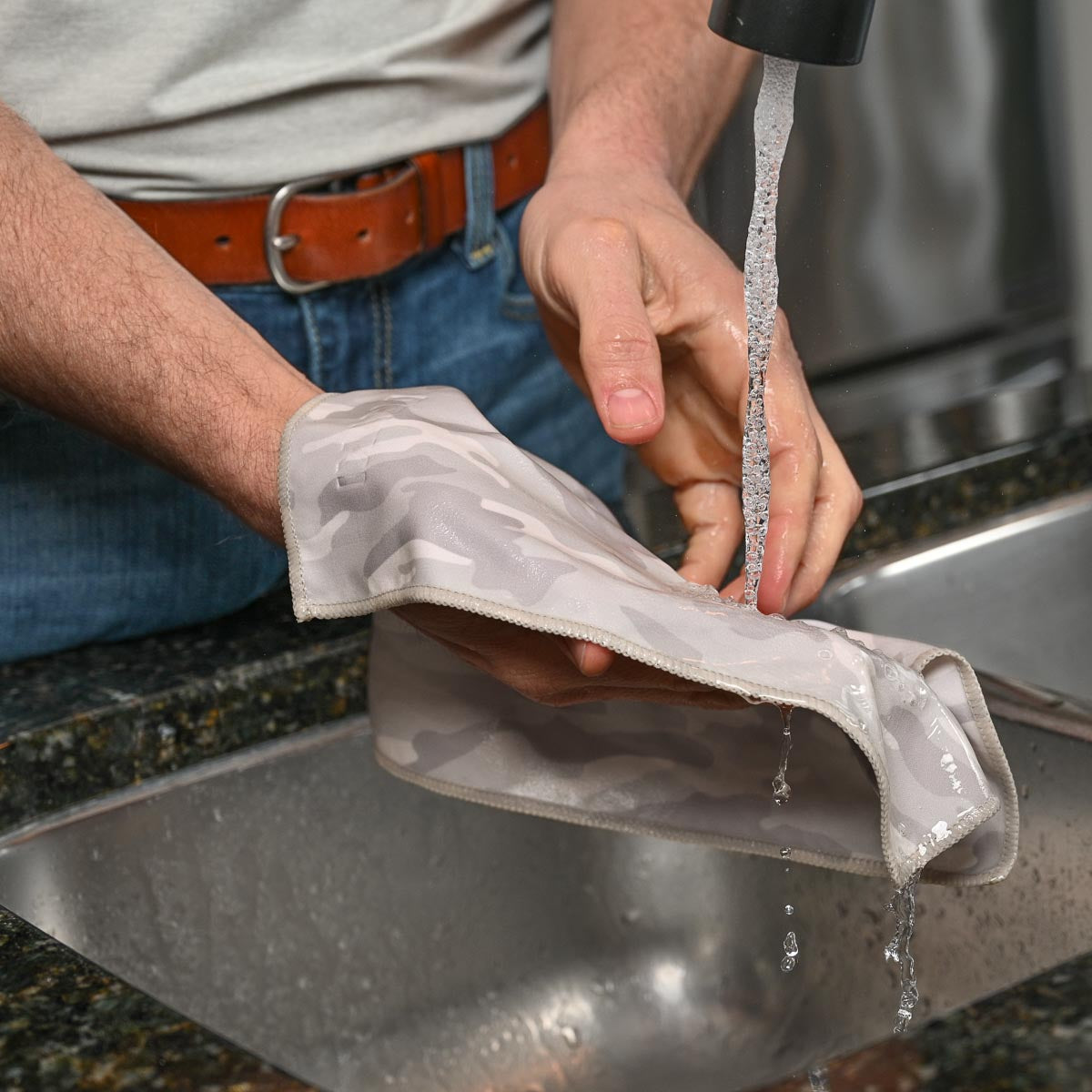Sweating is something our bodies do naturally to keep us cool when we’re hot or exerting ourselves. However, when it comes to waking up in the middle of the night feeling drenched in sweat, that's a whole different story. These night sweats aren’t the same as the regular sweating we get from being hot or active. They can be pretty confusing, uncomfortable, and tend to disrupt your sleep.
In this blog, we'll explore five possible reasons behind these nighttime episodes of excessive sweating.
1. Lifestyle and Environment
Your sleep quality and night sweats can be heavily influenced by the lifestyle and environment you cultivate. Here are a a couple of different ways you may unknowingly be creating night sweats:
-
Room Temperature and Air Flow
Sleeping in a room that is too warm or stuffy can make your body overheat during the night, especially while under blankets.
-
Clothing and Bedding
Wearing too many layers at night or having the wrong types of bedding can trap heat under the covers and close to your body.
-
Diet and Drinks
Certain foods and drinks, like spicy meals or caffeine, can raise your body temperature. Eating lighter meals and avoiding stimulants before bedtimes might reduce the chance of night sweats.
-
Physical Activity
2. Hormonal Imbalance
When hormones are out of balance, they can mess up how our body controls its temperature. For example, during menopause for women or andropause for men, these hormone changes confuse the part of our brain that handles body temperature. So, even when it’s a comfortable temperature or you’re in a rest state, your body thinks it needs to cool down. This mix-up can cause hot flashes and night sweats.
3. Medication Side Effects
Specific medications, including antidepressants, hormone replacement therapy, and certain diabetes medications, have the potential to induce night sweats as a side effect. Should you suspect that your medication might be responsible for your night sweats, it's advisable to seek guidance from your doctor. They can explore options such as dosage adjustments or alternative prescriptions that do not provoke this particular side effect.
4. Anxiety and Stress
Night sweats can be a physiological response to anxiety and stress. When the body encounters stress, it initiates the release of stress hormones, notably cortisol, which can elevate body temperature and subsequently result in night sweats. If you find yourself with a high-stress routine or contending with anxiety-related conditions, adopting healthy coping mechanisms and practicing relaxation techniques can effectively mitigate the occurrence of night sweats.
5. Infections and Illness
When your body fights infections like colds or illnesses like tuberculosis or cancer, it can mess up how it controls temperature. This makes your body heat up and sometimes sweat a lot while you're sleeping. The immune system's activity during these infections and illnesses can disrupt the body's normal temperature control mechanisms, leading to night sweats as your body tries to cool down.
Manage Your Night Sweats
Night sweats can be a hassle, but often, there are ways to treat them once you understand why they're happening. By examining your environment and lifestyle factors, addressing hormonal imbalances, being aware of medication side effects, managing stress and anxiety, and identifying possible infections or illnesses, you can take steps towards reducing night sweats. Some people also find using pocket-sized sweat towels or cloths during the night can make things more comfortable and may help improve your sleep quality.
While we're not medical experts, if night sweats persist or are accompanied by other concerning symptoms, we recommend seeking medical advice to determine the underlying cause and receive the appropriate treatment.









